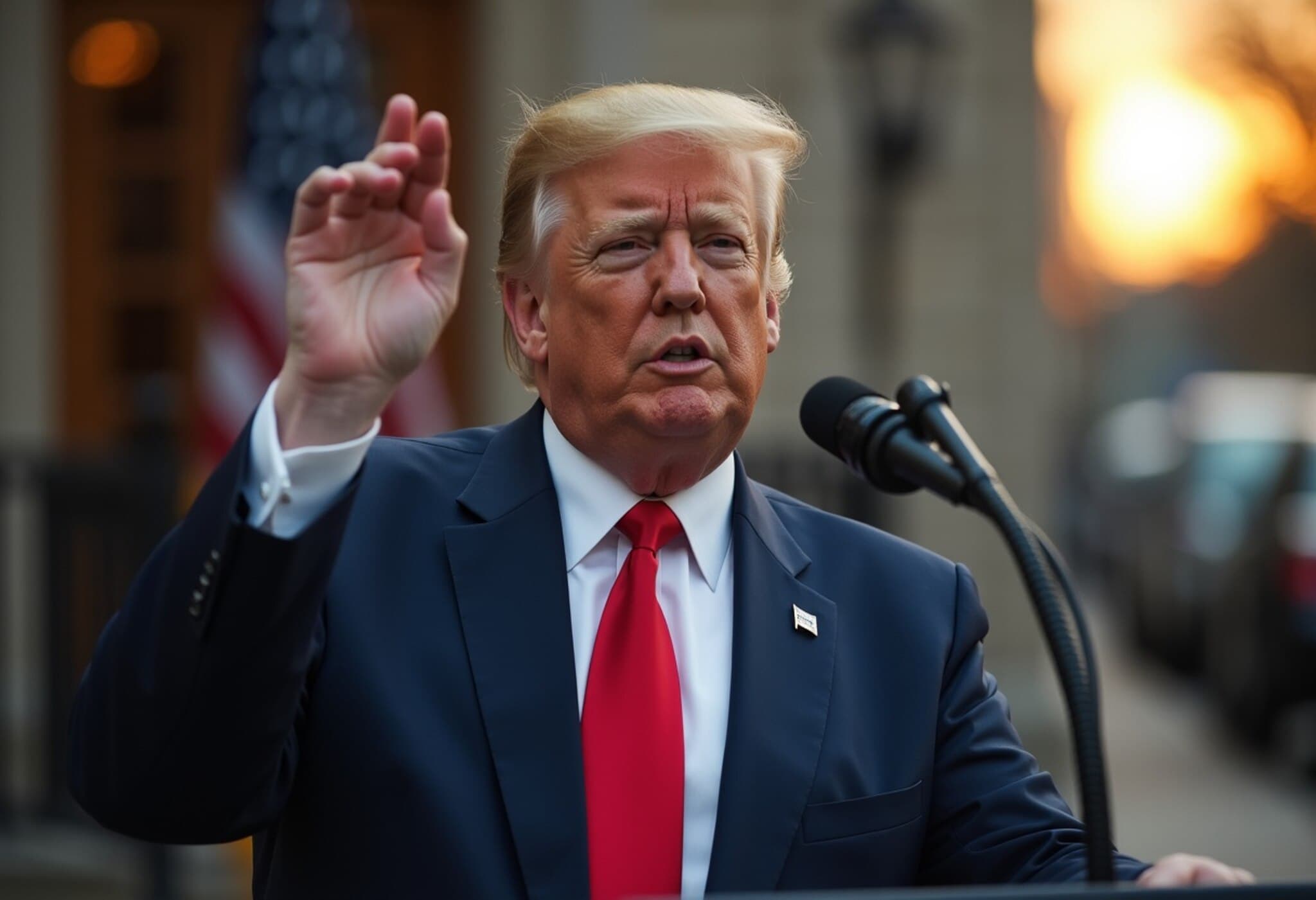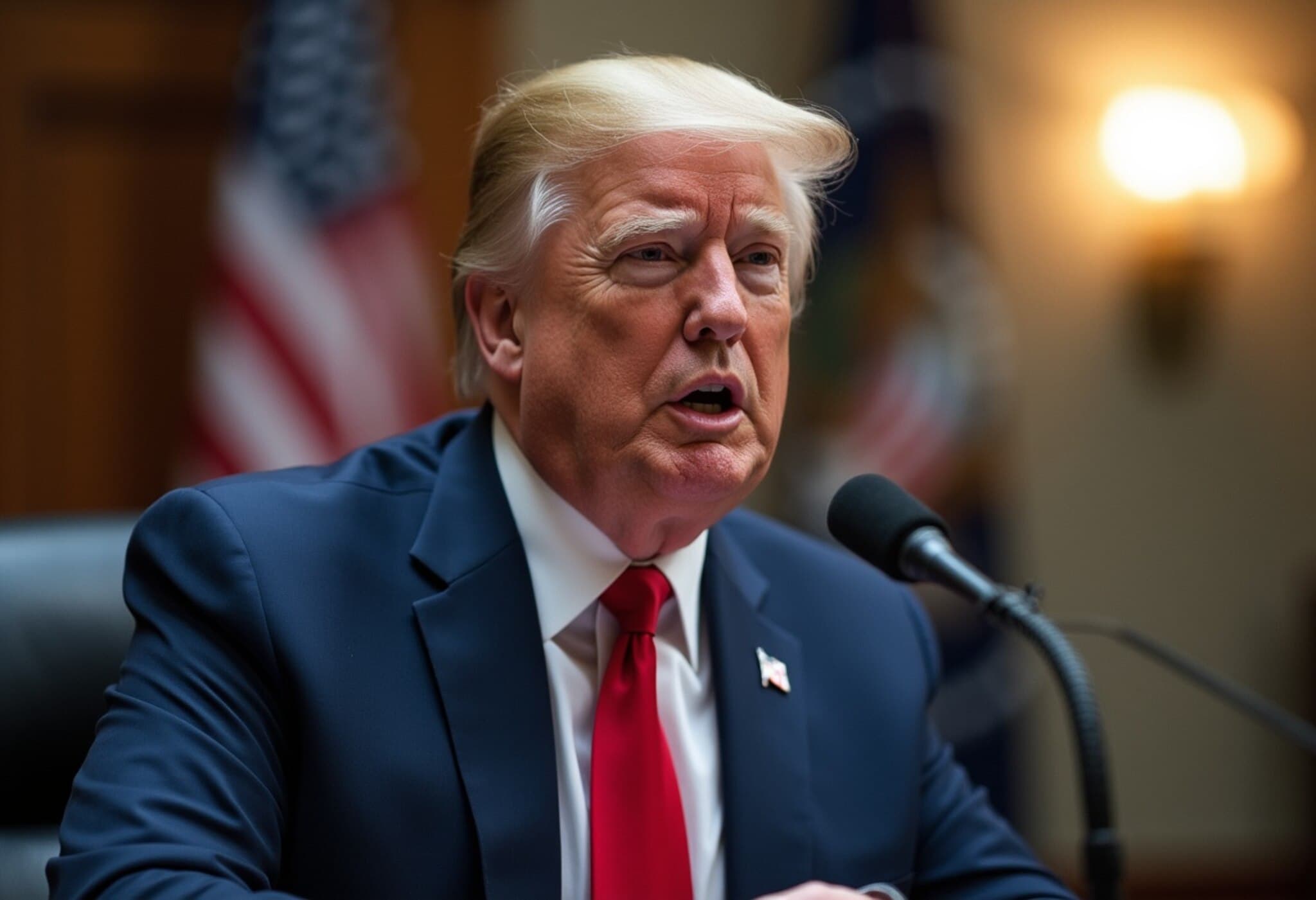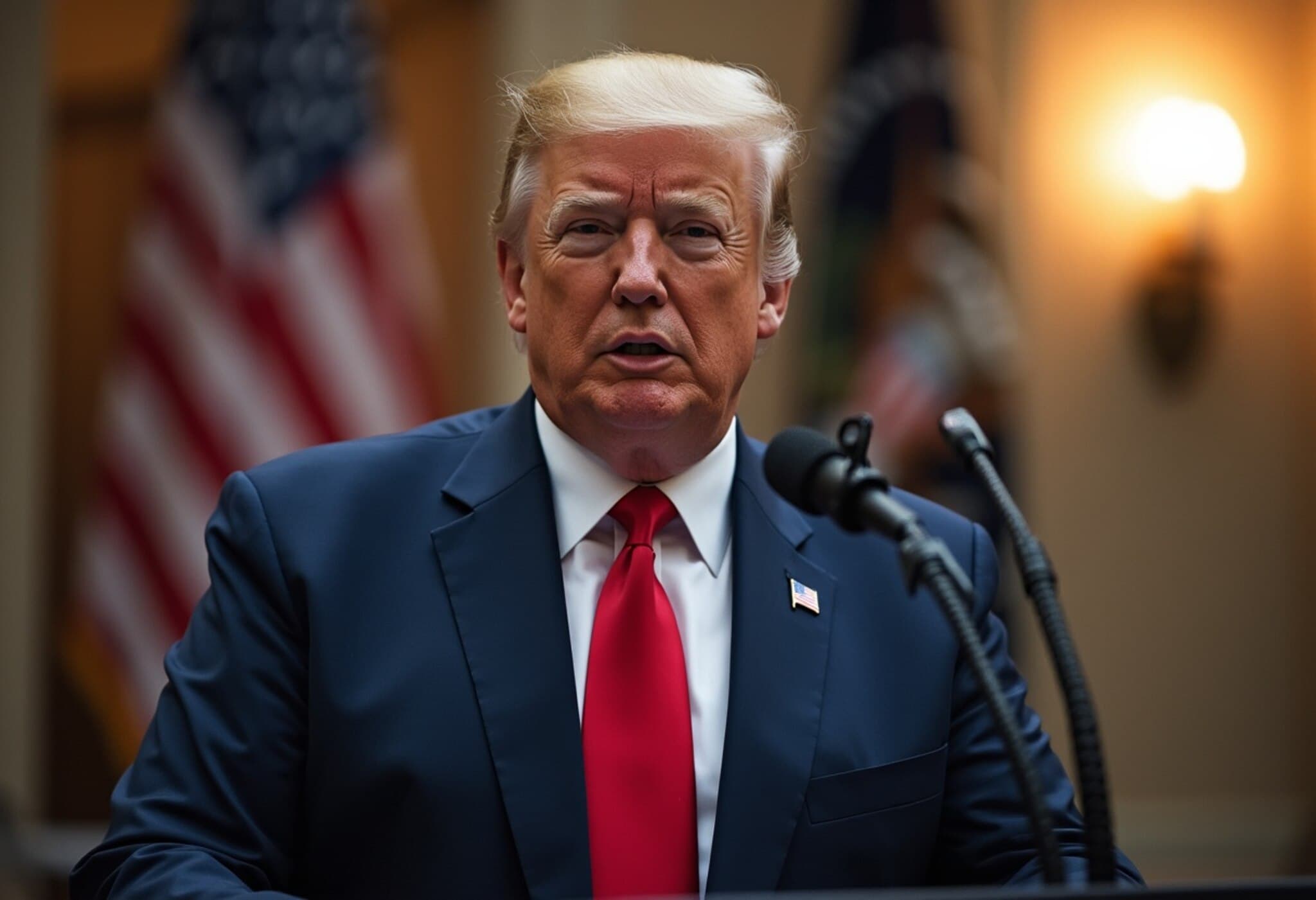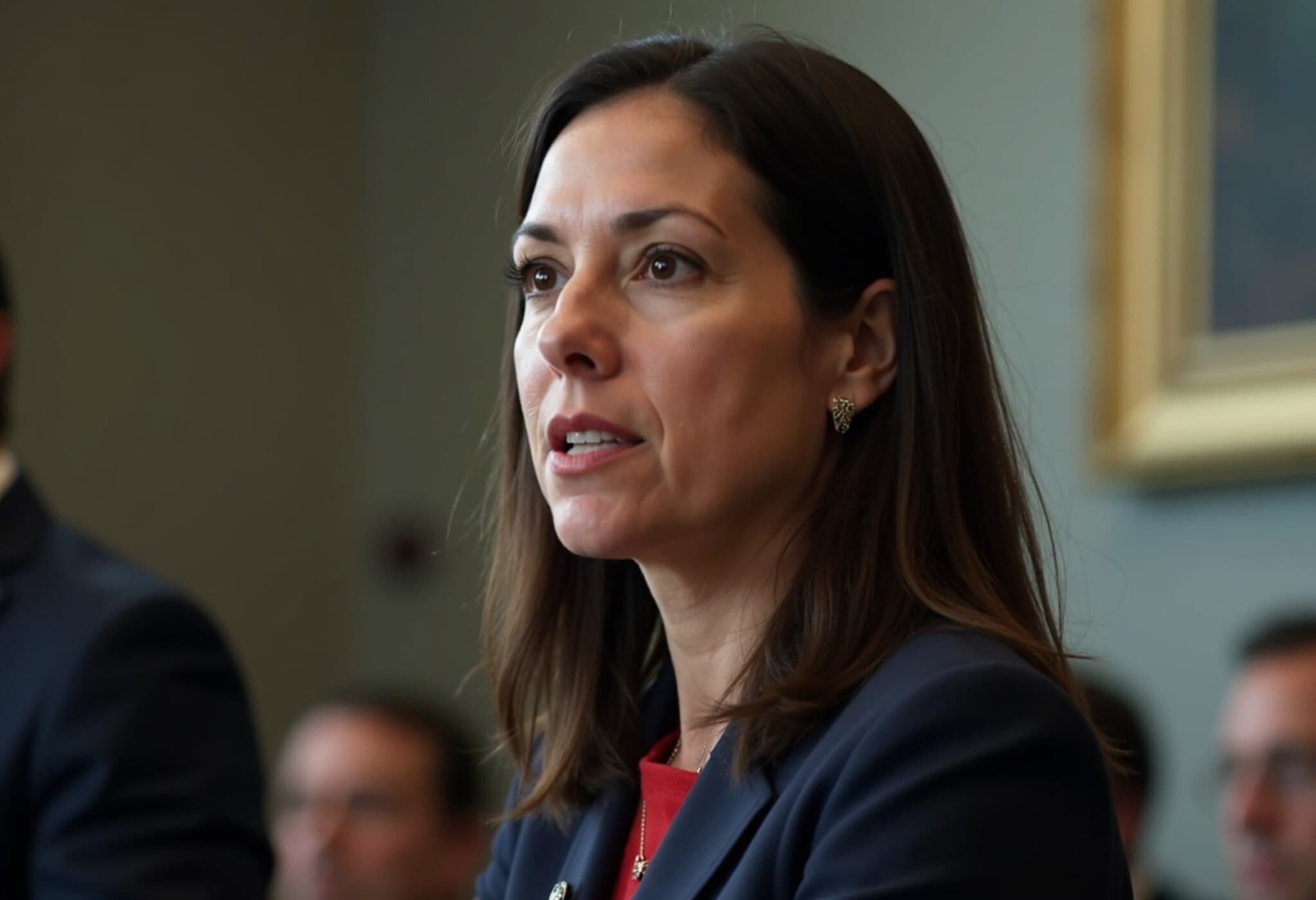Trump Dismisses Labor Department’s Statistical Leader Amidst Job Growth Concerns
In a move that has stirred debate about the politicization of federal data, former US President Donald Trump abruptly ordered the firing of Erika L. McEntarfer, the commissioner of the US Bureau of Labor Statistics (BLS), on Friday, August 1, 2025. This decision came shortly after the release of a monthly employment report that showed job growth lagging behind analysts’ expectations.
Background: McEntarfer’s Appointment and Role
Erika L. McEntarfer was nominated by then-President Joe Biden in 2023 and subsequently confirmed by the US Senate in 2024, a process that underscored her professional expertise and bipartisan acceptability. As the head of BLS, McEntarfer was responsible for overseeing the publication of critical economic indicators, including employment figures that influence market behavior, policy decisions, and public perception.
Trump’s Reaction and Rationale
On his social media platform Truth Social, Trump publicly declared: “We need accurate Jobs Numbers. I have directed my Team to fire this Biden Political Appointee, IMMEDIATELY. She will be replaced with someone much more competent and qualified.” His statement implies dissatisfaction not just with the report's figures but suggests a deeper mistrust of the data’s integrity under current leadership.
Expert Insight: The Politics of Economic Data
This unprecedented dismissal raises significant questions about the independence of government statistical agencies. Data experts and economists emphasize that the Bureau of Labor Statistics operates with a mandate to maintain impartiality and transparency, critical foundations that underpin public trust in economic reporting.
Dr. Karen Mitchell, a labor economist at Georgetown University, notes, "Firing the head of the BLS immediately after unfavorable statistics signals a troubling pattern of politicizing empirical data. These reports are methodically compiled through rigorous methods to reflect real labor market conditions, not political preferences."
What This Means for the US Labor Market and Policy
- Market Stability: Sudden leadership changes in the BLS may unsettle investors and analysts reliant on consistent, credible job data.
- Policy Implications: Economic policymaking depends heavily on accurate employment statistics. Any perception of compromised data can complicate legislative efforts to address labor issues.
- Public Confidence: The public’s trust in government transparency risks erosion if data reporting becomes entangled with partisan interests.
Contextualizing Within American Governance and Media Climate
Trump’s firing order fits into a broader, contentious American dialogue about government accountability, media literacy, and the handling of political appointees. Historically, agencies charged with producing statistical data, such as the BLS, have operated with safeguards to prevent overt political influence, recognizing that economic data serve as neutral ground for informed decision-making.
Critics worry that such actions could fuel misinformation and deepen polarization by undermining one of the few remaining trusted sources of objective data in contemporary political discourse.
Looking Ahead: Questions for the Future
As the administration considers appointing a successor, key concerns remain:
- Will the new commissioner uphold the BLS’s commitment to impartial and scientifically rigorous data reporting?
- How will this leadership change affect the credibility of upcoming economic reports?
- What mechanisms are in place to protect statistical agencies from political interference?
These questions reflect broader challenges within American democratic institutions when facts become battlegrounds for political leverage.
Editor’s Note:
The dismissal of Erika L. McEntarfer spotlights the fragile balance between politics and data integrity in the US federal system. While leadership changes are routine, the timing and context here provide a sobering reminder that in the realm of public information, credibility is paramount. Readers should consider how data transparency shapes economic policy and the health of democracy itself.



















